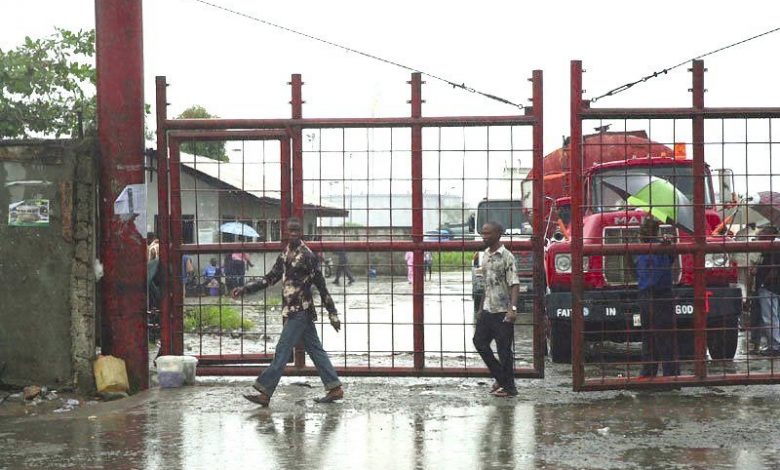Nigeria must diversify its fleet, says former minister

Nigerian shipowners must diversify the nation’s fleet away from tankers, says Captain Emmanuel Ihenaccho, former minister of the interior and past vice-chairman of the Indigenous Ship Owners Association of Nigeria.
“Nigeria is import-dependent and she imports virtually everything ranging from dry bulk cargo, containers, RORO and liquid bulk but there seems to be an over-concentration on the development of tanker fleet, which is just one of the aspects of shipping activities done in Nigeria and this has not helped the industry over the years,” he told Nigerian press.
Nigeria does not have any form of transport policy that integrates all modes of cargo transport, over rail, road and water, he observed.
The development of an efficient transport system is critical to the development of the national economy, Ihenaccho said.
Nigeria has over 40 shipping companies, the majority of which are involved in carrying crude oil and own tanker vessels.
Ihenaccho is chairman and CEO of Integrated Oil and Gas, part of Genesis Worldwide Shipping Company, of which he is managing director. He is a past vice-president of the Indigenous Ship Owners Association of Nigeria, and executive secretary of the Nigerian Shipping Companies Association.
For many years now, Nigeria has been making sustained efforts to develop its own fleet, particularly for the cabotage trade.
Demand for cabotage vessels stems from Nigeria’s Coastal and Inland Shipping (Cabotage) Act 2003, which was instated before the country had a fleet of domestically flagged vessels to put into service.
Nigerian owners have been trying to buy vessels for employment in coastal trades since the Act was established, but international owners have been wary of selling to what they perceive could be unscrupulous buyers in the country.
At the end of June, the Nigerian Ship Owners Association (NISA) signed a memorandum of understanding (MOU) to bareboat 40 vessels from a consortium of Greek shipowners, in a deal worth around $250m.
Nigeria has founded and will disburse funds from the Cabotage Vessel Financing Fund (CVFF) to domestic shipping companies with which to acquire vessels.
“A total of 600 vessels are operating in oil and gas; and only 10% belongs to Nigerians as at 2015,” said NISA president Niyi Labinjo in June, who told press he wishes to grow the country’s domestic fleet to 100 vessels.
